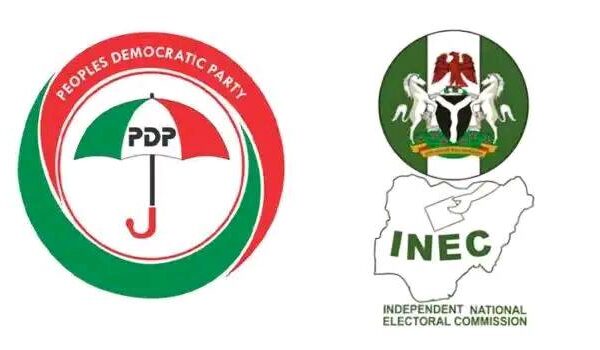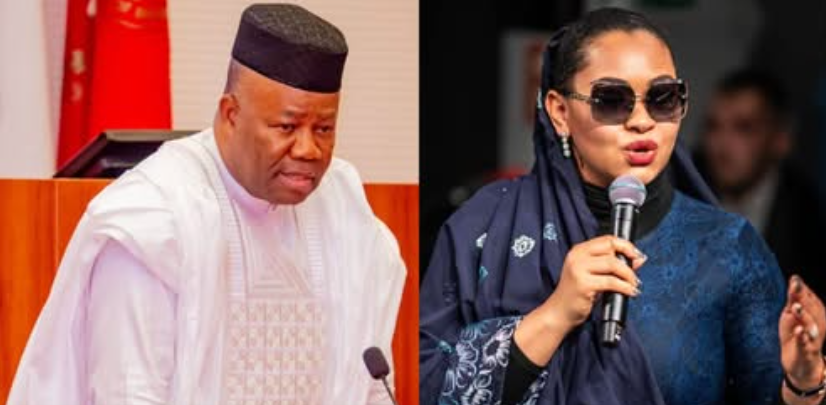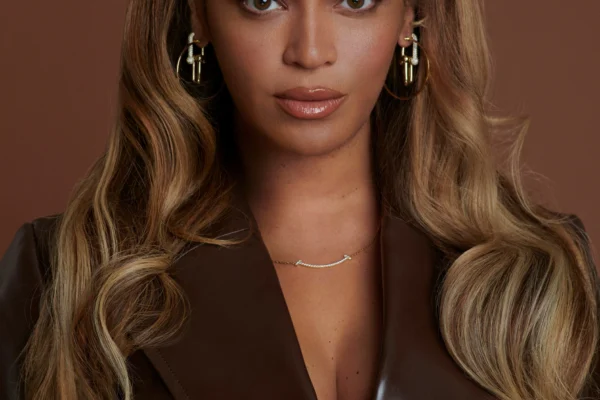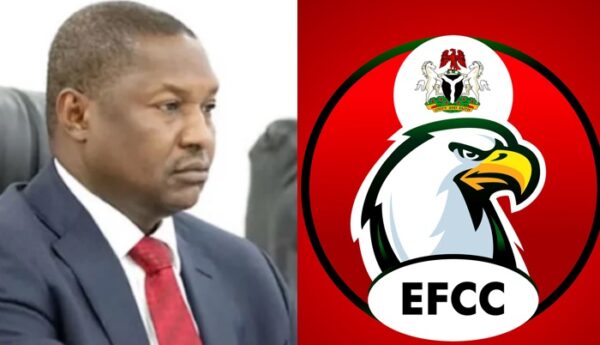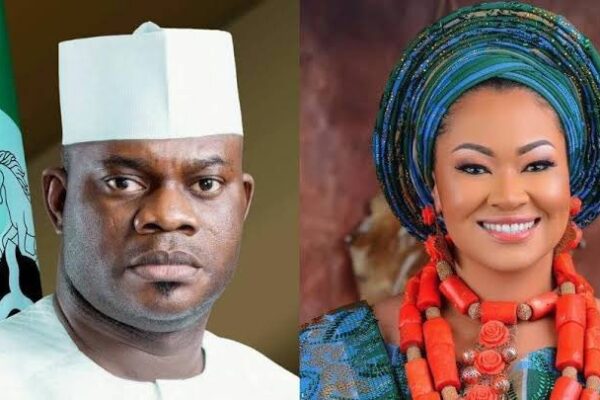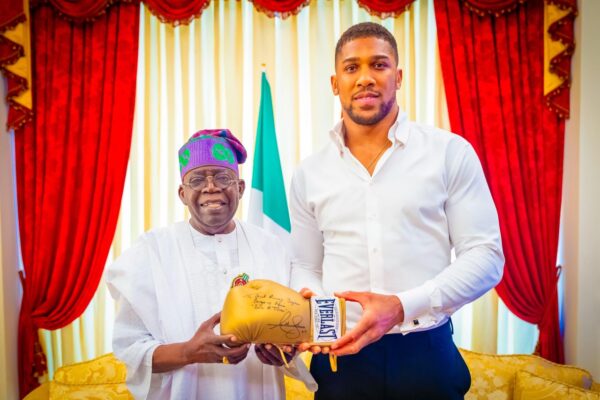The National Agency for Food and Drug Administration and Control has warned Nigerians about the presence of counterfeit Kiss condoms circulating in several markets across the country, describing the development as a serious public health concern. The warning was contained in a notice published on the agency’s website on Monday under Public Alert No. 042/2025. NAFDAC said the alert followed a report from DKT International Nigeria, a non-governmental organisation involved in contraceptive social marketing and HIV/AIDS prevention. “The National Agency for Food and Drug Administration and Control is notifying the public about the sale and distribution of fake Kiss condoms in various Nigerian markets,” the agency stated. NAFDAC explained that the information was provided by the Marketing Authorisation Holder, DKT International Nigeria, whose work focuses on making safe and affordable family planning options available to Nigerians. “The information was received from the MAH-DKT International Nigeria, a leading non-governmental organisation focused on contraceptive social marketing. Its mission is to provide Nigerians with affordable and safe options for family planning and HIV/AIDS prevention,” the statement added. According to the agency, the counterfeit condoms have been discovered in major commercial centres, including Onitsha Market, Idumota Market, Trade Fair Market, as well as markets in Kano, Abuja, Uyo, Gombe, Enugu and other locations nationwide. Kiss condoms are male latex condoms designed to prevent unwanted pregnancies and protect against sexually transmitted infections such as HIV, gonorrhoea and syphilis. However, NAFDAC cautioned that the fake versions fall far below required safety and quality standards. The agency warned that using counterfeit condoms could lead to condom breakage, exposure to infections, allergic reactions and ineffective protection, which may leave users with a false sense of security. NAFDAC said the fake Kiss condoms can be identified through clear differences in packaging and product quality. These include changes in colour shade, poor print quality, distorted designs, incorrect or incomplete manufacturer addresses, missing medical device information and inadequate caution instructions. It further noted that the counterfeit products often come in darker wrappers with barcode irregularities and are made from thinner latex, with reduced lubrication and a smaller teat end compared to the genuine product. In response to the development, NAFDAC said its zonal and state offices have been directed to intensify monitoring, surveillance and removal of the counterfeit condoms from the market. The agency urged distributors, retailers, healthcare workers and consumers to exercise caution and ensure that condoms and other medical products are purchased only from authorised and licensed sources. “Healthcare professionals and consumers are advised to report any suspicion of the sale of substandard and falsified medicines or medical devices to the nearest NAFDAC office, NAFDAC on 0800-162-3322 or via email: sf.alert@nafdac.gov.ng,” the agency said. It also called for the reporting of adverse reactions linked to medical products. “Similarly, healthcare professionals and patients are encouraged to report adverse events or side effects related to the use of medicinal products or medical devices to the nearest NAFDAC office, or through the e-reporting platforms available on the NAFDAC website, www.nafdac.gov.ng, or via the Med-safety application available for download on Android and iOS stores, or by email at pharmacovigilance@nafdac.gov.ng.” NAFDAC added that the alert would be shared globally, noting that the notice would be uploaded to the World Health Organisation Global Surveillance and Monitoring System.
